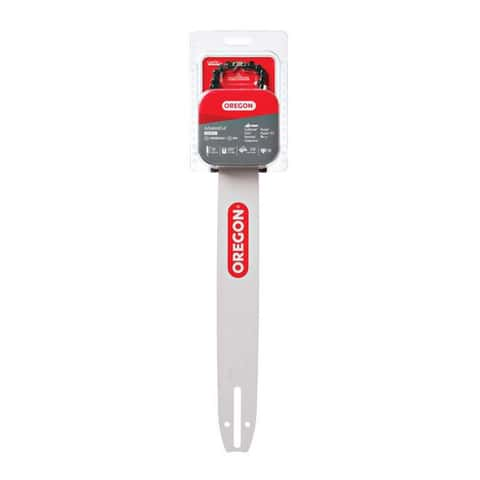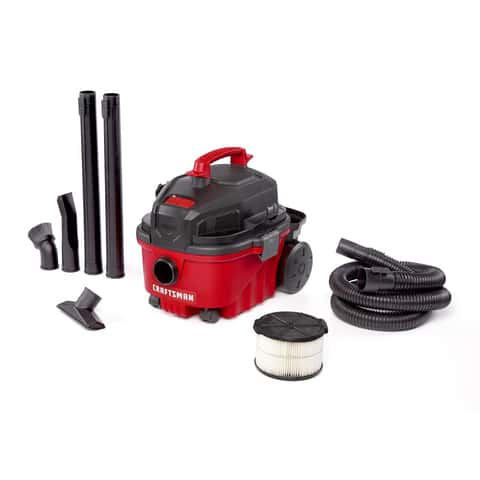Selling real estate includes various choices, and understanding who you’re dealing with is vital. Some purchasers seek lasting financial gains, while others focus on rapid transactions. Comparing both helps you decide what aligns with your goals. Quick sales attract sellers needing funds immediately, whereas others prefer better offers from those willing to invest over time. Distinguishing these two groups helps property owners avoid confusion during negotiations.
What motivates a quick buyer?
Quick buyers aim for hassle-free purchasing with immediate payment offers. They typically seek properties requiring less effort, ensuring sellers complete deals without stress or delays, providing instant relief.
Why do some buyers invest differently?
Investors see opportunity in improving properties for higher returns. They often plan renovations or rentals, providing steady profits through long-term strategies, building value over extended periods efficiently.
How do goals differ between the two types?
Motives differ because one seeks convenience while the other targets growth through upgrades. Many sellers prefer the first group for certainty, while others choose future value. Therefore, we buy Asheville properties for those seeking fast financial resolutions or quick exits from ownership challenges.
What makes one option faster?
Those focusing on immediate sales reduce delays. Their funding already exists, providing instant offers. Sellers choosing this route usually complete everything conveniently, sometimes within a few business days, seamlessly.
How do both groups handle property value?
Evaluation methods vary. Quick buyers base offers on present conditions, ensuring realism. Investors project improvements reflecting potential future value, often investing more gradually and purposefully analyzing every purchase carefully.
Which method suits urgent sellers?
Owners facing time constraints prefer immediate agreements, appreciating the simplicity offered by fast purchase specialists who provide reliable deals without prolonged waiting or complications during the process.
What risks come from each choice?
Both types present concerns: one might offer less money, and the other could delay decisions. Awareness reduces issues, ensuring outcomes match seller expectations, realistically protecting interests efficiently.
How do negotiations usually work?
Direct buyers propose fixed payments upfront, simplifying terms. Investors evaluate market potential before committing fully. Understanding these negotiation differences makes contract discussions smoother, avoiding future disagreements effectively.
Should sellers prepare differently?
Preparation ensures smoother transitions regardless of who purchases. Gathering documents early, saving communication time, builds trust, benefiting both sides professionally, and streamlining entire sales interactions completely painlessly.
What outcome benefits sellers most?
Determining benefits depends on urgency. Faster deals satisfy financial needs immediately, whereas longer commitments reward patient sellers pursuing enhanced property worth responsibly through smarter preparation decisions consistently.
Visit https://www.cashhouseclosers.com/asheville/ to explore convenient, secure property-selling choices that support confident decisions and smooth financial transitions.


















